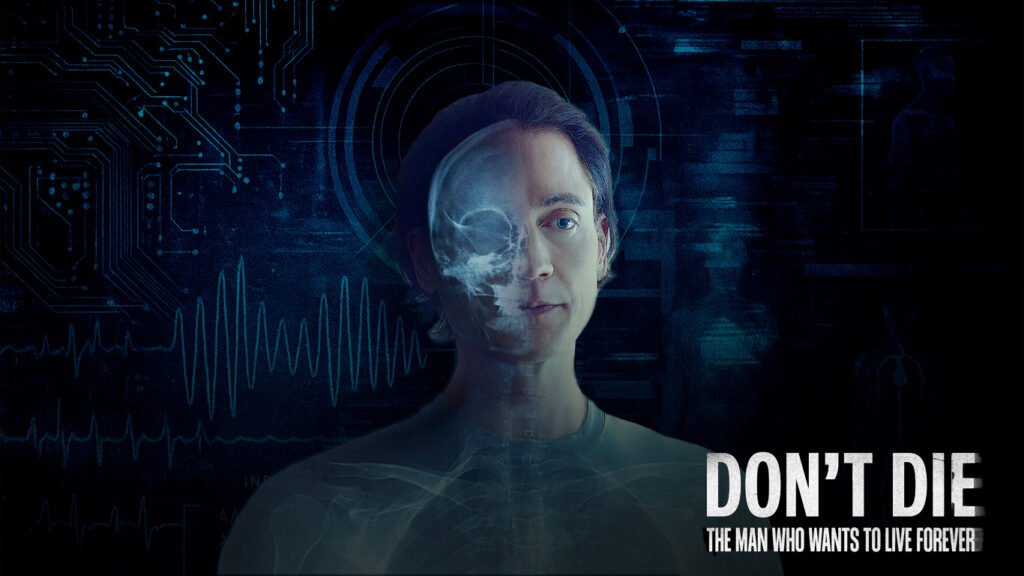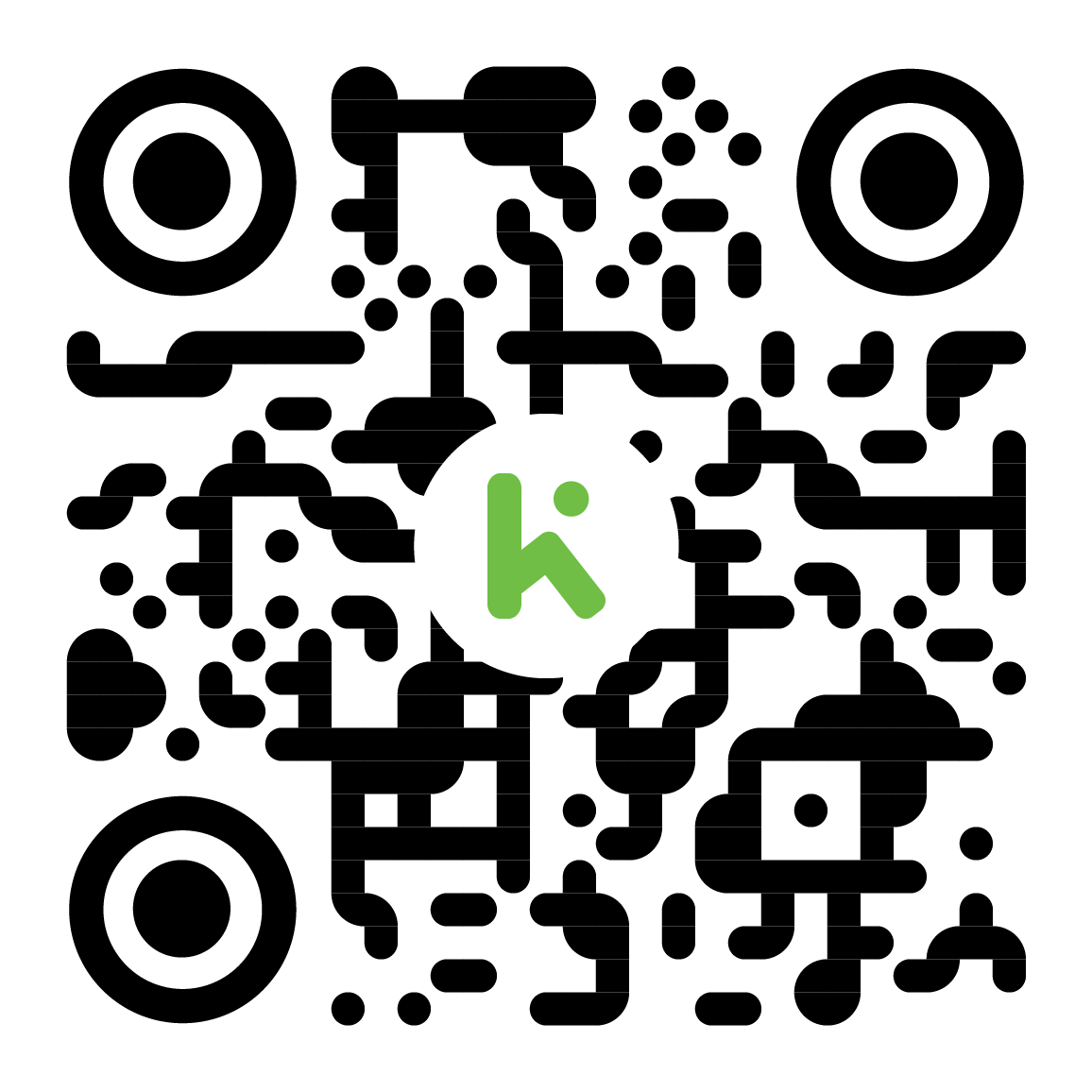By Entela Çeliku, PhD – Chemist and researcher in natural products
Have you ever felt that buying a supplement is like buying a little promise in a bottle? Something that will give you more energy, boost your immunity, maybe even help you live longer? You’re not alone. Globally, people spend tens of billions every year on supplements. But as both a scientist and a consumer, I’ve often wondered: are supplements truly helping us or are we just falling for clever marketing?
When Resveratrol Took Over the World
I still remember this very vividly. I was a chemistry student when the Sinclair lab at Harvard made headlines for discovering that resveratrol, a compound found in red grapes, could activate so-called “longevity genes” in yeast and mice. Overnight, the wine industry seized the opportunity: drinking red wine was suddenly promoted as a way to live longer. Sales skyrocketed, as if the secret to health was hidden in a glass of Merlot.
But as a student of chemistry, this was hard for me to digest. I knew about the toxic effects of alcohol on the liver and brain, and I also knew how little resveratrol was actually present in wine. To reach the doses used in those laboratory studies, a person would have to drink hundreds of glasses of wine per day, something obviously impossible and harmful. One glass of red wine contains, on average, just 1–2 mg of resveratrol. The supplement doses marketed for health benefits are usually 200–500 mg per day. That means you’d need 100–250 glasses of wine daily to reach those levels. It didn’t take a PhD to see that this was more marketing spin than science.
From Student Doubts to Harvard Postdoc
Years later, in 2019, I began my postdoctoral work at Harvard Medical School. My curiosity about resveratrol hadn’t faded. I even sought out Professor David Sinclair’s lab, since he was (and still is) one of the most famous scientists in aging research. But I also quickly realized that rumors of exaggeration and lack of transparency followed him everywhere.
Some of his work is groundbreaking, no doubt especially in the field of epigenetics and aging. But at the same time, his public claims about reversing aging in mice, dogs, and even suggesting anti-aging pills for humans sparked huge criticism. In fact, some fellow scientists accused him of behaving more like a salesman than a scientist.
Resveratrol: What the Science Really Says
The early excitement around resveratrol led to a famous paper in Nature that fueled the hype. But decades later, the evidence in humans is still disappointing:
- Animal studies showed improvements in metabolism and lifespan.
- Human trials are inconsistent and limited, no clear proof of life extension.
- Absorption is poor: most resveratrol is broken down before the body can use it.
- Potential downsides: as a phytoestrogen, resveratrol may interfere with hormones, thyroid, and mitochondrial function when taken in high doses.
So while resveratrol is still sold as an “anti-aging” supplement, the truth is it remains unproven.

The Biohacking Trend: Hope or Hype?
This is where biohacking comes in, a movement of people who experiment on themselves with diets, supplements, and technologies to “optimize” their bodies and extend their lifespan. Biohackers are often seen stacking capsules of resveratrol, NMN, mushroom powders, collagen, and nootropics, then sharing their routines online.
Netflix documentaries like Don’t Die, Limitless, and Live to 100 amplified this trend, showing individuals pushing the boundaries of science and aging. The effect? Millions of viewers rushed to buy the same supplements their favorite scientists or influencers were taking.
But here’s the catch: science hasn’t caught up with the hype. What works in mice or in one person’s self-experiment doesn’t necessarily mean it’s safe, effective, or necessary for everyone.
A striking example comes from Don’t Die, where biohacker Bryan Johnson, former tech entrepreneur and now runs Blueprint, an extreme longevity project, revealed he had stopped taking rapamycin, after nearly five years of use. The reason? Side effects such as skin infections and abnormal lipid levels, combined with a study suggesting it might even accelerate aging under certain conditions. Rapamycin was originally developed as an immunosuppressant for organ transplants, and is now being explored by biohackers for its potential anti-aging effects, though its benefits in healthy people remain unproven and its side effects significant.
This sparked intense debate. Some scientists saw his approach as a bold self-experiment; others dismissed it as spectacle without solid clinical backing. Ethically, it raises the question: is it right for wealthy individuals to test powerful therapies on themselves, while the wider public is influenced by the marketing and sensational headlines?
Do You Really Need Supplements?
Here’s the evidence-based truth: most healthy adults don’t need supplements. But deficiencies do exist and they’re not the ones marketed most aggressively.
- In the USA, the most common nutrient gaps are vitamin D, calcium, potassium, iron (in women of childbearing age), and vitamin B12 in older adults.
- In the EU, deficiencies are also common for vitamin D (especially in northern countries), iodine in some regions, iron among women and children, and folate. (EFSA reports)
These are the real deficiencies backed by population data. Now compare that with what’s being sold most heavily by influencers:
- Collagen powders (marketed for skin, hair, nails) Collagen explained on the Kungul blog
- Protein powders (though most adults already get enough protein through diet)
- NAD boosters (like NMN or NR, promoted for anti-aging but still lacking solid human evidence).
In other words: the supplements most people actually need (like vitamin D or iron) aren’t the ones being pushed in glossy marketing campaigns. Instead, flashy “anti-aging” products dominate the conversation.
Risks You Might Not Know About
Many people believe supplements are harmless because they’re “natural.” But high doses can cause real harm:
- Too much Vitamin A can build up in the body and cause toxicity.
- High calcium intake may raise risks of kidney stones and prostate cancer.
- Herbal products like ginkgo or St. John’s wort can interact with prescription drugs.
- Some plant-based supplements (like milk thistle, soy isoflavones and resveratrol) can mimic estrogen in the body, potentially disrupting hormonal balance.
- And studies have found supplements contaminated with hidden ingredients, like banned stimulants or steroids.
How to Choose Wisely
If you do take supplements, protect yourself:
- Food first, prioritize a colorful, balanced diet.
- Don’t self-prescribe, base it on medical need, not marketing.
- Look for third-party certification.
- Avoid mega-doses unless prescribed.
- Be skeptical of miracle claims, especially on social media.
Bottom Line
Supplements are not magic. They can help in specific cases of deficiency, but for most people, they are unnecessary and sometimes risky.
As someone who has followed this topic from my student days, through my research at Harvard, and into my daily life, I’ve seen how easily science gets twisted into marketing. Resveratrol, red wine, anti-aging capsules, it all sounds exciting, but the evidence often lags far behind the promises. This article is the beginning of a series on supplements. In the next parts, I will break down categories, explaining what science really says about each. Stay tuned. The safest path? Eat real food, sleep well, move your body, and use supplements only when you truly need them.

